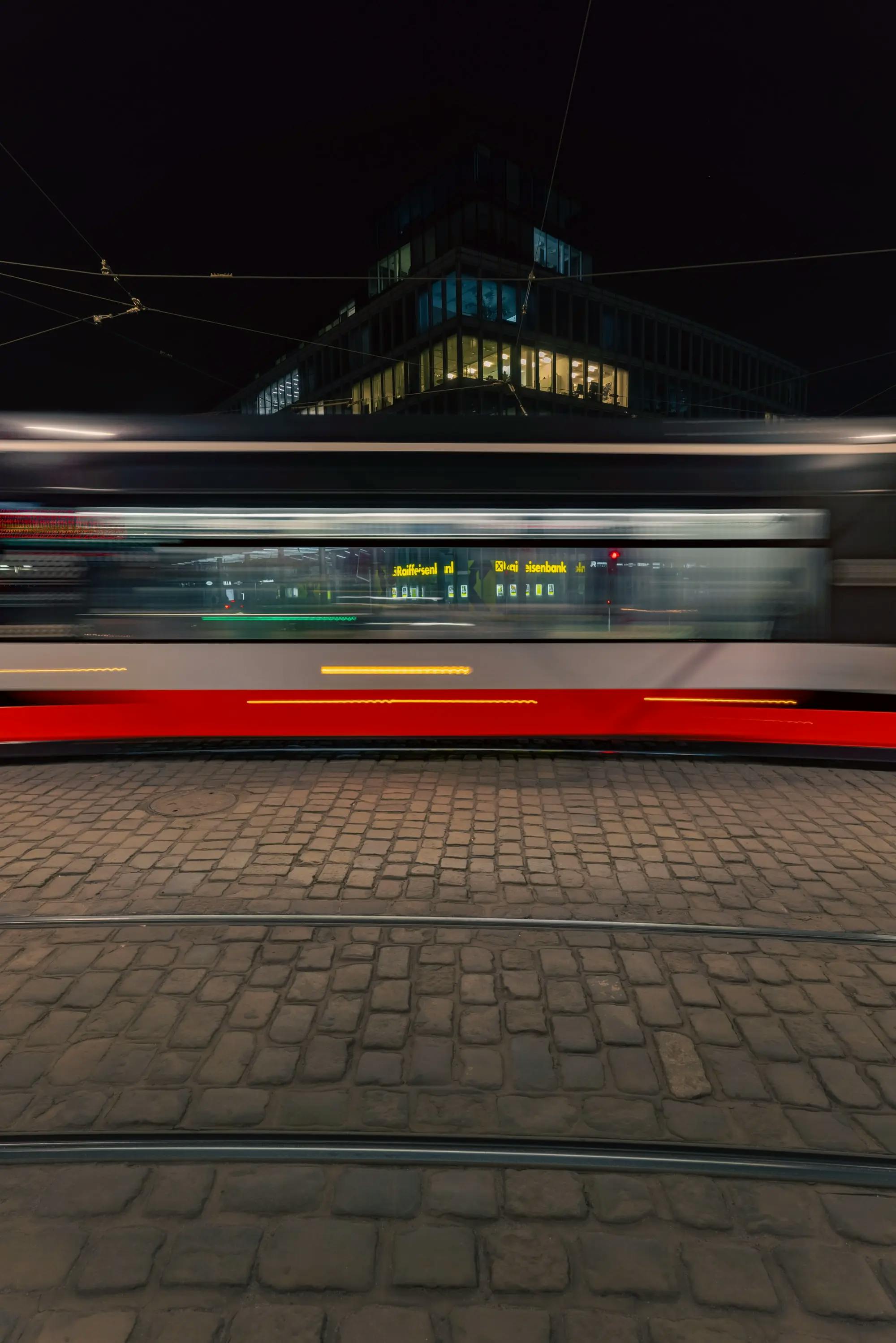Highlights of the week in the world — February 13-19

Train with chemicals in Ohio
An accident on a railroad in the United States occurred at the beginning of February. On the 3rd of February, several dozen cars went off the rails. As a result, tons of vinyl chloride, butyl acrylate, ethyl hexyl acrylate, and mono butyl ethylene glycol leaked onto the ground.

All of these substances are highly toxic. Residents of nearby settlements were evacuated in compliance with applicable regulations. Afterward, the specialists who arrived on the scene put the spilled reagents on fire to utilize it.
The monitored burning was caught on video. It was accompanied by a powerful column of flame and thick black smoke. Many political forces in both the U.S. and Europe call what happened a human-made technogenic disaster, but the U.S. government assures that there is no danger.
People were now allowed to return to their homes. However, in recent days, pictures of dead animals and birds began to appear on the Internet, and residents complained of a deterioration in their well-being.
The most questionable in this case are the results of the tests at the site of the spill. According to official data, no traces of toxic compounds were found, but industrial disasters of this scale do not go away without a trace. Considering the amount of spilled chemicals, their ignition, and their release into the groundwater, all the zero or "normal" readings of the instruments are hardly trustable.
Another concern is that locals rely on the Ohio River as a source of drinking water.
World disasters
Turkey continues to recover from earthquakes. The latest figures put the death toll at 40,000. The national disaster united many other countries in a common effort to help the victims. A video thanking all nations that responded to the tragedy is being broadcast at Istanbul's main airport.

A cyclone in New Zealand has reportedly killed 11 people. Thousands are missing. The disaster struck the northern region of the country. Now thousands of homes are cut off from electricity, and there is an extreme shortage of drinking water.
U.S. investigates Raiffeisen operations in Russia
The U.S. sanctions department has raised charges against the international bank for its operations in the Russian economic space.
Raiffeisen noted that it willingly cooperates with the investigation and provides all the necessary information. Representatives of the financial company said that they have a full set of tools to monitor, control and comply with the sanctions. At the same time, the bank fulfills all orders of regional regulators.

Raiffeisen is one of the 13 system banks in Russia. It is one of the few international banks that remained able to operate here after the sanctions were introduced and Russian cards were disconnected from the Swift system. Today, it is the only bank that allows withdrawals from Russia for those who left the country before or after the start of the war in Ukraine.
Can the United States really force Raiffeisen to cease operations? Yes, they can. There is a tool (the SDN list), which freezes the assets of a company or individuals located in the United States. The mechanism also includes a complete ban on trading with those on the list. However, according to some lawyers and analysts, this is an extreme measure of influence, and it is unlikely that the US will do it without trying to use other ways.




